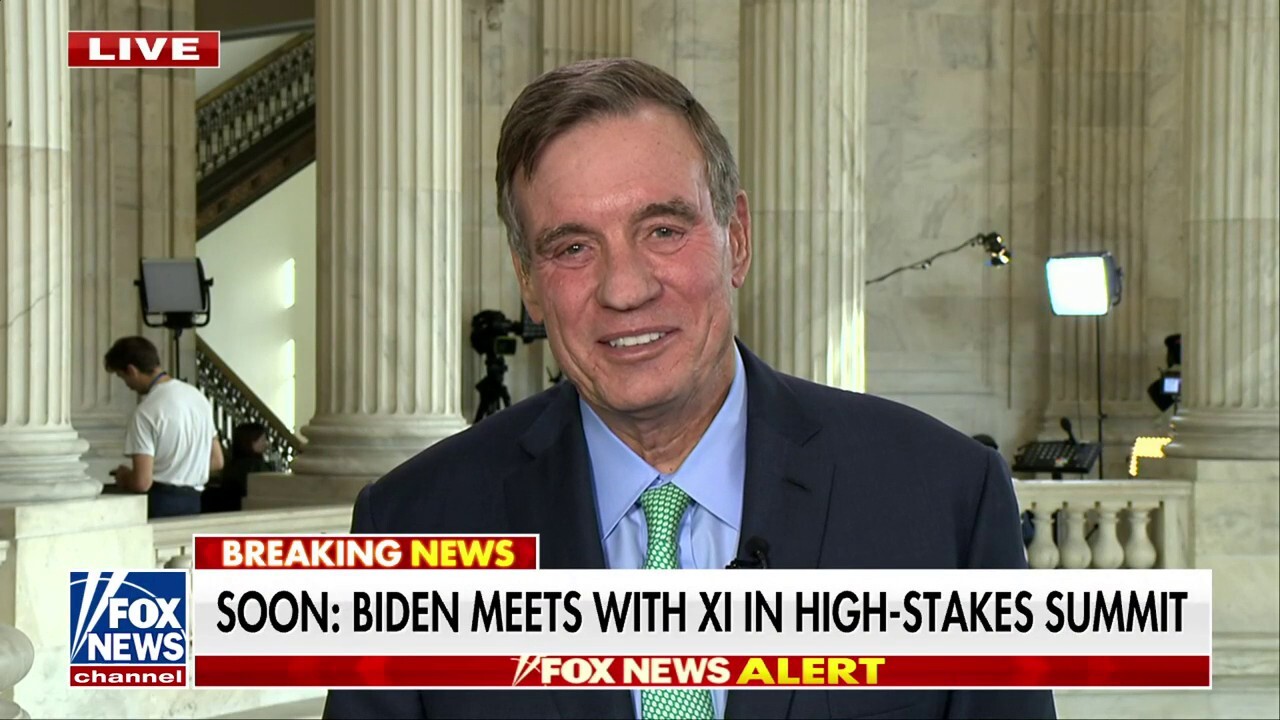Former Trump Officials Dispute Robert F. Kennedy Jr.'s Pesticide Attacks

Table of Contents
Kennedy's Claims Regarding Pesticides
Robert F. Kennedy Jr. has been a vocal critic of pesticide use, alleging serious health consequences linked to specific chemicals.
Specific Pesticide Allegations
Kennedy has specifically targeted several pesticides, including glyphosate (the active ingredient in Roundup) and neonicotinoids (a class of insecticides). He attributes a range of health problems, from cancer to neurological disorders, to exposure to these chemicals. He frequently cites anecdotal evidence and studies questioning the safety assessments of regulatory agencies.
- Glyphosate: Kennedy claims glyphosate is a carcinogen, citing studies that have found a link between glyphosate exposure and certain cancers. [Insert link to a reputable source supporting Kennedy's claim, if available, and a link to a source refuting it].
- Neonicotinoids: Kennedy argues that neonicotinoids harm pollinators like bees, leading to biodiversity loss and impacting agricultural yields. [Insert link to a reputable source supporting Kennedy's claim, if available, and a link to a source refuting it].
The Scientific Consensus on Pesticide Safety
The scientific consensus on the safety of pesticides is complex and often debated. While acknowledging potential risks associated with pesticide use, major regulatory agencies like the EPA (Environmental Protection Agency) and FDA (Food and Drug Administration) conduct extensive risk assessments before approving pesticides for use. These assessments often involve peer-reviewed studies and long-term monitoring. [Insert links to relevant EPA and FDA reports on pesticide safety]. The agencies generally maintain that pesticides are safe when used according to label instructions, although ongoing research and monitoring continue.
Counterarguments from Former Trump Officials
Several former Trump administration officials have publicly challenged Kennedy's assertions about pesticides.
Key Officials Involved
Prominent figures, such as [Name and brief background of former Trump official 1] and [Name and brief background of former Trump official 2], with backgrounds in [relevant fields, e.g., toxicology, agriculture], have voiced their disagreement with Kennedy's claims.
- [Former Trump official 1's] counterarguments: [Summarize their key arguments, including direct quotes if possible, focusing on specific points of disagreement with Kennedy].
- [Former Trump official 2's] counterarguments: [Summarize their key arguments, including direct quotes if possible, focusing on specific points of disagreement with Kennedy].
Their Arguments Based on Scientific Evidence
These officials often base their counterarguments on the findings of major regulatory agencies like the EPA and FDA, highlighting the rigorous testing and approval processes for pesticides. They frequently point to studies that contradict Kennedy’s conclusions, emphasizing the importance of considering the body of scientific evidence rather than isolated studies. They may also cite industry-sponsored research, which should be considered alongside independently conducted studies. [Include links to supporting reports and studies whenever possible].
The Political Dimension of the Debate
The pesticide debate is heavily influenced by political ideology and partisan divides.
Ideological Factors
Differing political ideologies often shape perspectives on pesticide regulation and environmental issues. For example, those who prioritize economic growth and agricultural efficiency may be less inclined to advocate for stricter pesticide regulations compared to those who prioritize environmental protection and public health.
- Political Affiliation and Evidence Acceptance: The acceptance or rejection of scientific evidence concerning pesticide safety can be influenced by political affiliations. This is particularly evident when examining how different news outlets and political figures frame the debate.
The Role of Media Coverage
Media coverage plays a significant role in shaping public perception. Biased or sensationalized reporting can distort the scientific consensus and fuel misinformation. A balanced and nuanced presentation of scientific findings is crucial to fostering informed public debate.
The Importance of Evidence-Based Decision-Making
Navigating the complex issue of pesticide safety requires critical evaluation of information sources.
Critical Evaluation of Sources
Relying on credible, peer-reviewed research is crucial when forming opinions about complex scientific topics like pesticide safety. Readers should be aware of potential biases in research funding and methodology.
- Identifying Reliable Sources: Look for studies published in reputable scientific journals, studies with transparent methodologies, and studies that have undergone peer review.
The Need for Balanced Reporting
Balanced and accurate reporting in the media is vital to facilitate an informed public discussion on this vital issue. Consumers should be critical of sources that selectively highlight evidence supporting one viewpoint while ignoring others.
Conclusion: Weighing the Evidence on Pesticide Attacks
The debate surrounding Robert F. Kennedy Jr.'s claims on pesticide attacks reveals a complex interplay of scientific evidence, political ideology, and media influence. While Kennedy raises valid concerns about potential health and environmental consequences of certain pesticides, former Trump officials counter by citing the regulatory processes and scientific research supporting the safety of these chemicals when used according to instructions. Ultimately, evidence-based decision-making remains paramount. Research the evidence yourself on pesticide attacks, form your own informed opinion on the pesticide debate, and understand the complexities surrounding pesticide attacks. This requires carefully considering the source of information, examining the methodologies used, and evaluating the overall body of evidence. Only through such critical engagement can we foster a productive and informed discussion about the risks and benefits of pesticide use.

Featured Posts
-
 First Up Bangladesh Yunus In China Rubios Caribbean Trip And More Top News
May 16, 2025
First Up Bangladesh Yunus In China Rubios Caribbean Trip And More Top News
May 16, 2025 -
 Jalen Brunsons Absence Will He Miss Cm Punk Vs Seth Rollins On Raw
May 16, 2025
Jalen Brunsons Absence Will He Miss Cm Punk Vs Seth Rollins On Raw
May 16, 2025 -
 Tarifstreit Bvg Endgueltige Einigung Erzielt Keine Streiks Mehr
May 16, 2025
Tarifstreit Bvg Endgueltige Einigung Erzielt Keine Streiks Mehr
May 16, 2025 -
 The Unseen Consequences Exploring A Potential Kevin Durant Trade To Boston
May 16, 2025
The Unseen Consequences Exploring A Potential Kevin Durant Trade To Boston
May 16, 2025 -
 Fentanyl Crisis Holding China Accountable According To A Former Us Envoy
May 16, 2025
Fentanyl Crisis Holding China Accountable According To A Former Us Envoy
May 16, 2025
